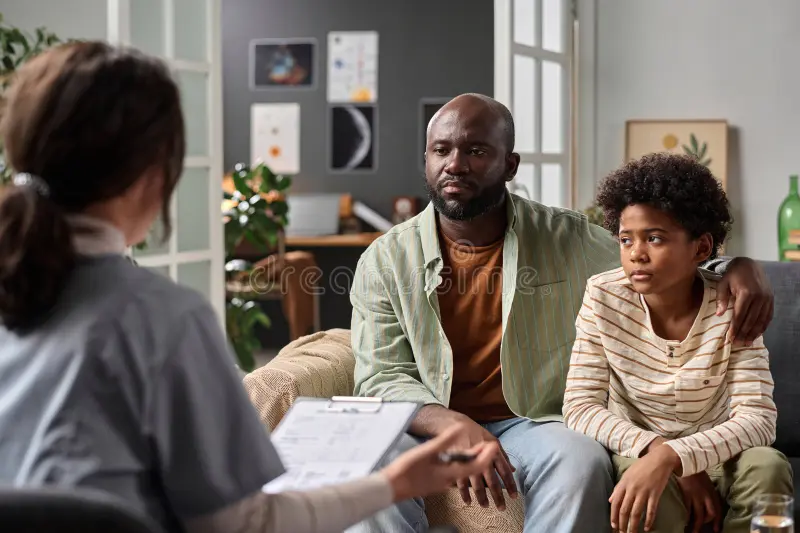24/7 Helpline:
(866) 899-221924/7 Helpline:
(866) 899-2219
Learn more about OCD Treatment centers in El Dorado Springs
OCD Treatment in Other Cities

Other Insurance Options

WellPoint

Meritain

Coventry Health Care

Sutter

PHCS Network

Oxford

Aetna

UMR

Optum

State Farm

Lucent

MHNNet Behavioral Health

CareFirst

Holman Group

Private insurance

Premera

GEHA

Anthem

Access to Recovery (ATR) Voucher

MVP Healthcare

Compass Health Network – El Dorado Springs
Pathways Community Health - West Broadway Street provides mental health and substance use disorder t...





Compass Health Network – SW Missouri Psychiatric Rehabilitation Center
The Compass Health Network (CHN) SW Missouri Psychiatric Rehabilitation Center provides substance ab...

Preferred Family Healthcare – El Dorado Springs
Preferred Family Healthcare – El Dorado Springs is a private rehab located in El Dorado Springs, Mis...


























